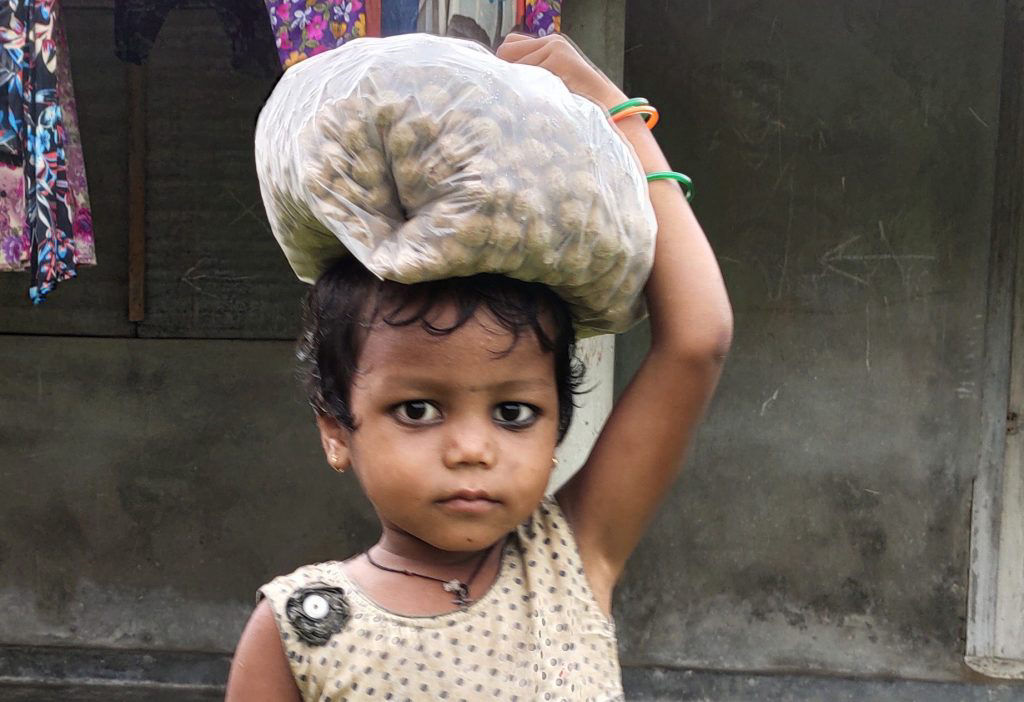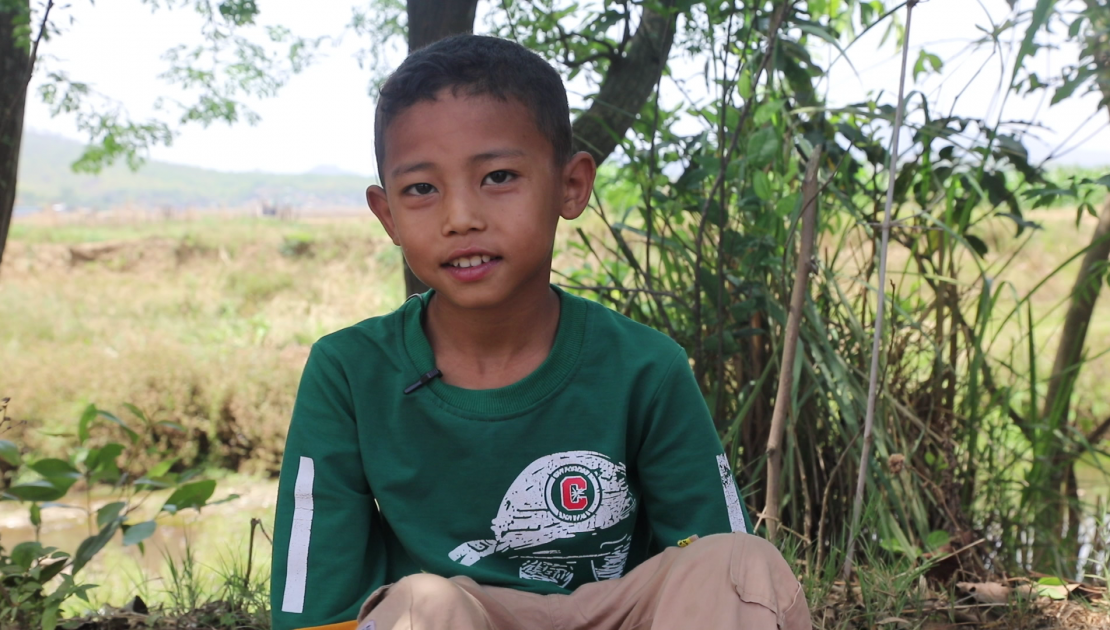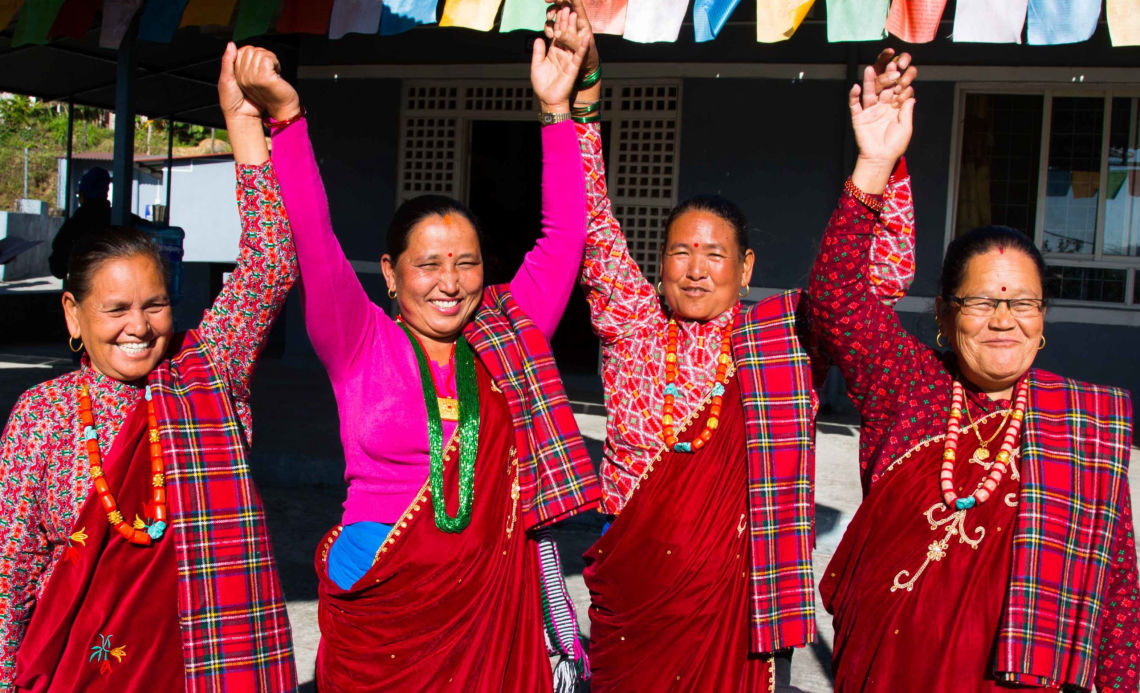img 20200723 16c2123 1024x702

NLRP is a livelihood enhancement package program consisting of three ongoing projects, namely Integrated Pest Management (IPM), Cooperative Development and Enterprise Promotion (CDEP) and Child and Youth Empowerment Project (CYEP). Merging three different components together, this program is supporting to improve the nutrition and food security and generate sustainable incomes for basic wellbeing of the poor rural and 31st National IPM Network Meeting held on November 2019 in Machhapuchhre Homestay, Kaski. Urban households by diversifying agriculture/livestock and off -farm enterprises through Farmer Field Schools (FFS) and cooperatives. “Learning by doing” and "Asset Based Community Development" (ABCD) approach is used to enhance and strengthen the capacities of the beneficiaries to reduce the effects of natural and man-made disasters and Conducting child clubs meeting at Panchapure, Surkhet make their communities resilient. The program also addresses various social concerns such as GESI and disability, farmer’s right, child right and protection, climate change and environment protection, through awareness raising campaigns and leverage schemes through advocacy work by the cooperatives, clubs, networks and organizations.
At least 25 districts were visited to collect baseline information and 100 networks/cooperatives/clubs, more than 150 farmers groups, 20 implementation partners and 25 stakeholders (government and non-government organizations) were consulted during design process.
At national level, Participatory discussion was held between three CA funded project team and review on learning’s and recommendations of midterm evaluation of CA funded three project was done. Team also was able to review of past years’ recommendations and SWOT analysis made by networks. Sector based three project (IPM, CDEPP and CYEP) came to conclusion to develop consolidated proposal and project name was decided that is “Nepal Livelihoods and Resilience Programme”.
vlcsnap 2021 05 12 14h35m07s571 1110x630

machhapuchre homestay website 41 of 91 scaled

Caritas Nepal uses change theory for program planning. It looks into context for two things. Problems that exist and opportunities that could be tapped. This is understood by Caritas Nepal as the concern. Based on this concern, Caritas Nepal then works with the stakeholders and develops the objectives of the project.
Once the objectives are set up, input packages which include input materials and training and extension activities are developed or refined with three things in mind: extension quality, cost effective extension and timely implementation. The input package should lead to the indicators which help to realize the specific objective. Hence, the input packages lead to the result expected for the project as per the theory of change.
All this is then kept in a simplified log frame (IHD indicators) and this ensures the project has a basic monitoring framework.
It is important to note here that the Learning by Doing approach, participatory learning approach and leads to people being able to undertake proper context analysis, identify problem and opportunity and undertake necessary farming improvement to address economic, Social and environmental sustainability.